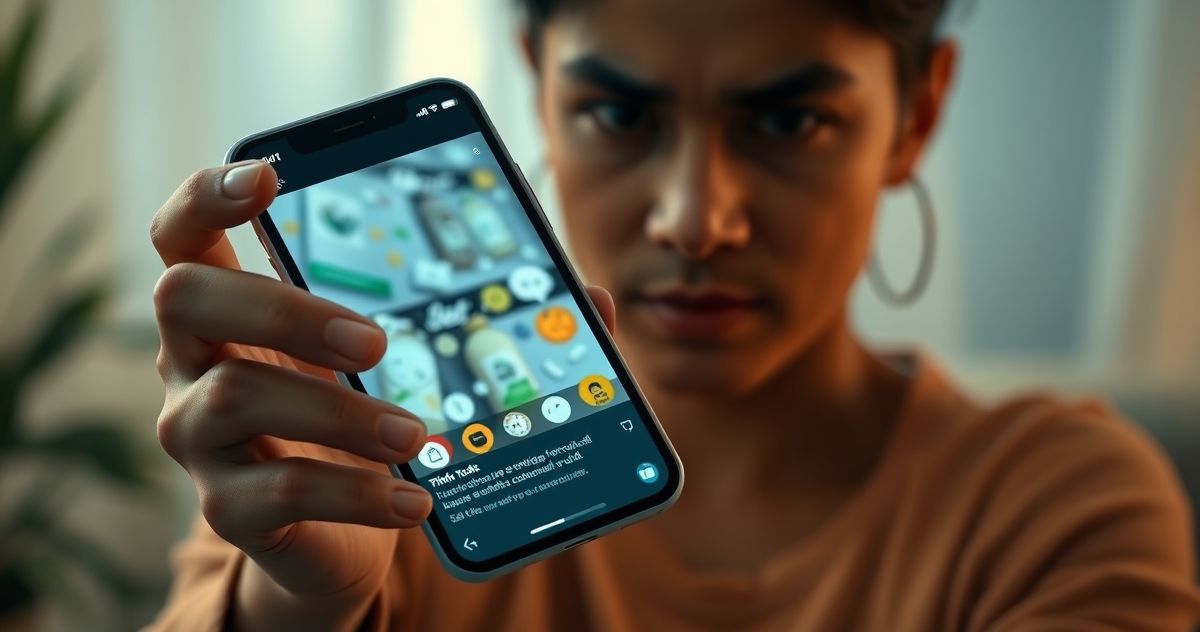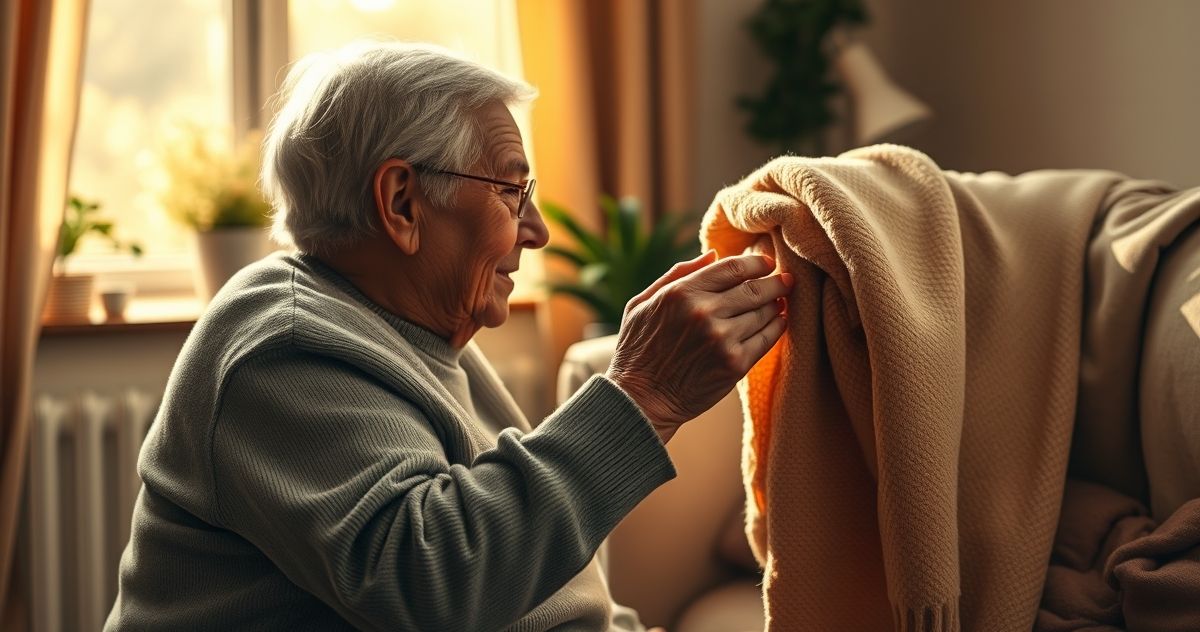Ever found yourself scrolling TikTok, maybe looking for a quick recipe or a funny pet video, and then suddenly you’re deep into health advice? It happens to all of us. But here’s a startling fact you need to hear: a new study found that over half – that’s 53% – of TikTok videos about birth control openly push against hormonal options. Even more concerning, a full third of them, 34% to be exact, actually suggest you shouldn’t trust doctors or standard medical advice. Yikes.
## What This Study Really Found (And Why It Matters)
This isn’t just about ‘different opinions’ on social media; it’s about serious misinformation. Researchers took a deep dive into popular TikTok videos tagged with #birthcontrol and #birthcontrolproblems. What they uncovered was alarming. Many videos weren’t just sharing personal experiences; they were actively telling people to avoid medically-approved birth control methods. Worse, some creators were peddling wild, unproven ‘alternatives’ as actual contraception. We’re talking papaya seeds or even coconut oil. Yes, really. These aren’t just harmless home remedies; they’re potentially dangerous pieces of advice that could lead to unintended pregnancies, health complications, and a lot of unnecessary stress.
## Why We’re All Turning to TikTok for Health Info
So, why are so many of us turning to TikTok for something as crucial as birth control information? It’s not a mystery. For one, it’s incredibly accessible. You can scroll through a dozen videos in minutes, getting quick, bite-sized answers. Creators often feel relatable, like a friend giving you advice, rather than a formal, clinical figure. Plus, sometimes talking to a doctor can feel rushed, or you might feel embarrassed to ask certain questions. TikTok offers that immediate, informal interaction and a sense of community. But that feeling of connection shouldn’t come at the expense of accurate medical guidance.
I remember my friend, Maya, was really struggling with a new birth control pill. She felt super bloated, moody, and just generally off. Instead of picking up the phone to call her doctor, she spent hours scrolling through TikTok. She saw a bunch of videos talking about ‘natural’ ways to balance hormones and ‘detox’ her body from synthetic drugs. One creator suggested using essential oils, another promoted a restrictive diet. Maya even tried rubbing some herbal paste on her stomach because a video claimed it would ‘absorb’ the bad stuff. It sounds wild, I know. But when you’re feeling desperate and vulnerable, and you see someone online confidently promoting an easy solution, it’s incredibly easy to get sucked in. Of course, none of it worked. She felt worse, more confused. Eventually, she had to see her doctor anyway, who gently explained why those ‘alternatives’ were ineffective and potentially harmful. Maya learned her lesson the hard way: if it sounds too good to be true, it probably is.
## How to Find Real Info (and Spot the Fakes)
It’s not about ditching TikTok completely. It’s about being smart and critical when you scroll. Your health is too important to leave to chance. Here are a few simple ways to make sure you’re getting reliable information for something as serious as birth control:
* **Check for credentials:** Who is talking? Are they a doctor, a registered nurse, or a certified health professional? If not, treat their advice with a huge grain of salt.
* **Look for balance:** Reputable sources will discuss both the pros and cons. They won’t just trash one method or claim a single ‘miracle cure.’ Be suspicious of absolutes.
* **Seek multiple, official sources:** If something sounds interesting or concerning, confirm it with at least two other trusted places. Think official health organization websites or university medical centers.
* **Ask your doctor (always!):** This is the most important step. Your doctor knows your personal health history and can provide personalized advice that’s right for *you*. Don’t let a TikTok video replace a conversation with your medical professional.
## The Bigger Picture of Online Health Advice
This study really shines a light on a widespread problem with getting any kind of health information online. The algorithm isn’t designed to feed you accurate medical facts; it’s designed to keep you engaged. This can easily create echo chambers where you only see content that confirms what you might already be thinking, even if those thoughts are based on misinformation. It puts a lot of responsibility on us to be critical thinkers. While social media can be great for support and sharing experiences, remember its limitations for serious medical advice.
So, while TikTok is fantastic for dance trends, fashion hauls, and cute animal videos, it’s pretty clear it falls seriously short when it comes to something as vital as accurate birth control information. Your health choices should always be made with solid, evidence-based advice, not trending, unproven theories.
What steps do *you* usually take to make sure the health information you find online is actually trustworthy?












